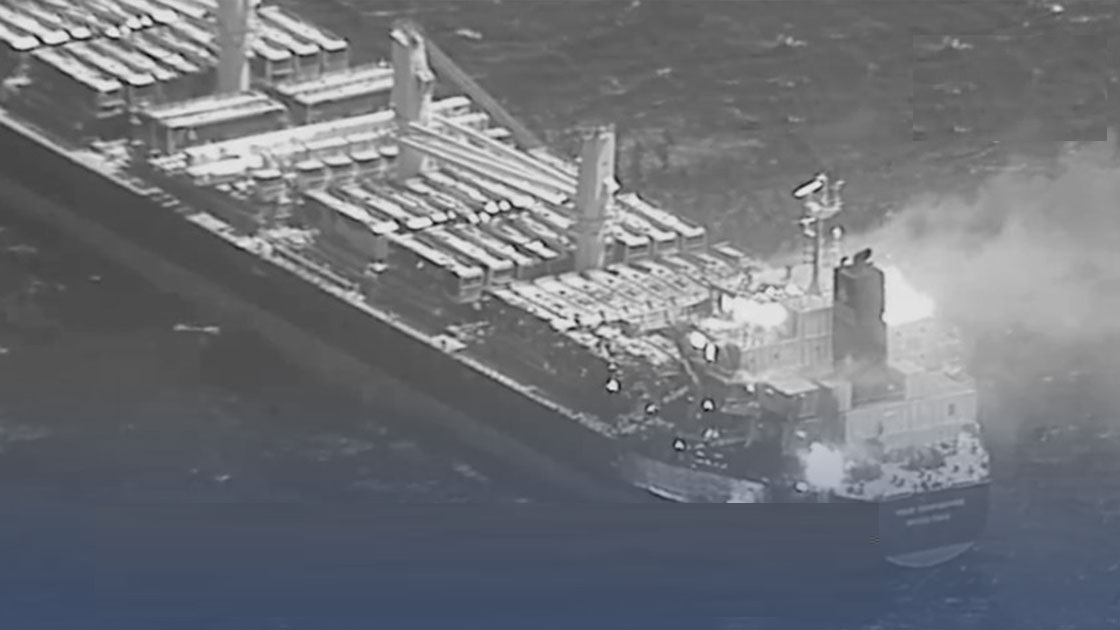In a recent report by the Congressional Research Service, the economic repercussions of Sanaa’s maritime operations in the Red Sea have been highlighted as a significant challenge for the United States. The report underscores the impact on shipping routes, import mechanisms, and the competitive ability of American companies.
The research center affiliated with the US Congress has indicated that the United States faces challenges in addressing the economic effects caused by Yemeni naval operations targeting vessels bound for Israel and those associated with the US and the UK. These operations have prompted a reevaluation of shipping routes for imported goods and a potential shift towards reallocating resources within the economy to develop domestic production of these imports.
The report adds that such policies could influence the cost of goods and services for American consumers, alter US and global trade flows, and affect the competitiveness of US companies. This points to the sensitivity of the economic challenge imposed by the Yemeni operations.
Furthermore, the report suggests that Congress may consider whether the US should encourage a move towards domestic manufacturing and production or utilize a more diverse base of foreign suppliers for American companies to increase resilience.
The ongoing rise in shipping costs due to Yemeni operations could lead to a short-term inflation of import prices in the US by approximately 5%, according to the Organization for Economic Cooperation and Development.
These economic challenges are compounded by direct losses and challenges at sea, where the US Navy has reportedly expended reserves worth a billion dollars in response to the Yemeni attacks.
American ships have been legitimate targets for Yemen in retaliation for US aggression against the country that aims to protect Zionist navigation—a goal Washington has failed to achieve. As a result, American vessels have been forced to alter their course away from the Red Sea due to the inability of US forces to protect them.
On the other hand, “The Cradle” magazine asserts that the rapid development of Yemen’s military capabilities has positioned the country as a pivotal player not just regionally but also globally.
The magazine views the Yemeni blockade on Israel as a significant pressure point against the Zionist entity and its Western allies, who have failed to protect their interests in the Red Sea or counter Sanaa’s ban on ships entering the ports of the occupied state.
In a detailed report, “The Cradle,” specializing in geopolitical and security affairs in the Middle East and North Africa, states that Yemen has demonstrated impressive long-range military capabilities and strategic planning that have confounded the world’s greatest naval powers. Sanaa’s extensive maneuvers in the maritime regions of West Asia have propelled it to the forefront of the resistance axis in the region, establishing it as the most capable member influencing global maritime security and regional stability.
The report concludes by highlighting the potential for the conflict zone to expand to the Mediterranean Sea, intensifying the blockade on Israel, which relies economically on maritime trade. This presents a renewed challenge for the occupied entity and its allies, increasing pressure, particularly on Washington and its European partners.







